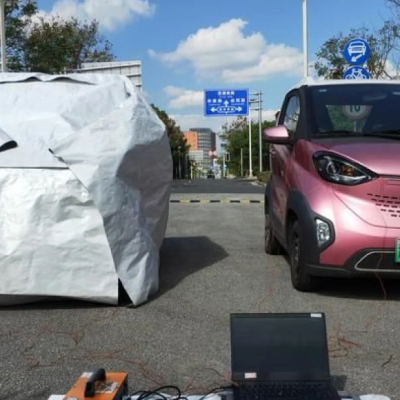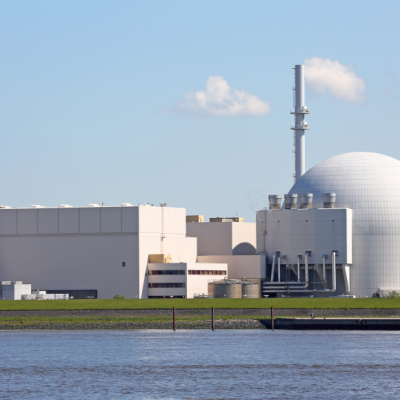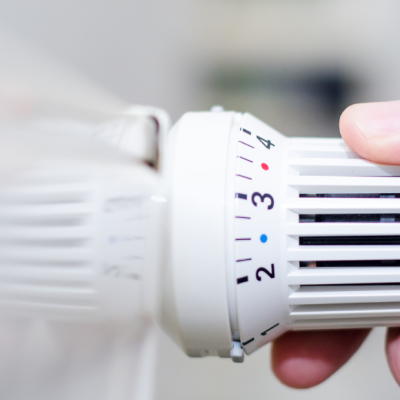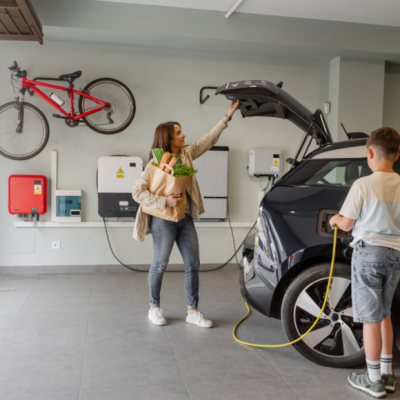The expansion of renewable energy and the rise of new consumers, particularly heat pumps and electric cars, could overwhelm power grids. Without timely expansion, this could slow down the energy transition. A recent study by the International Energy Agency (IEA) reveals that current power grids are not equipped to handle the rapid growth of clean energy sources such as wind, water, and solar power. IEA Chief Fatih Birol warns that around 80 million kilometers of power grids need to be built or modernized by 2040 to accommodate the new global energy economy. Failure to do so could result in a significant delay in the expansion of renewable energy and an increase in fossil fuel consumption.
According to the IEA, electric cars and heat pumps are responsible for the significant increase in electricity demand in the coming years. These areas currently rely heavily on fossil fuels for their energy needs. The IEA researchers emphasize that reliable energy supply for these new consumers can only be guaranteed through investments in power grids. The Bundesnetzagentur (BNetzA) also recently reported that the increasing electricity demand from electric cars and heat pumps is endangering the security of supply. The agency wants to allow network operators to throttle electricity for these consumers in Germany.
The IEA stresses the urgency of taking action, as modernizing and expanding power grids often require long lead times. While establishing new network structures often takes 5 to 15 years, renewable energy projects can often be realized within 1 to 5 years. In addition, charging infrastructure for electric cars is often available in less than two years. Birol also emphasizes the importance of international cooperation, such as expanding power grids in economically weak countries. Ensuring that developing countries have the resources they need to build and modernize power grids is a crucial task for the international community. Leading economies could help improve people’s lives, strengthen sustainable development, and reduce the risks of climate change.










